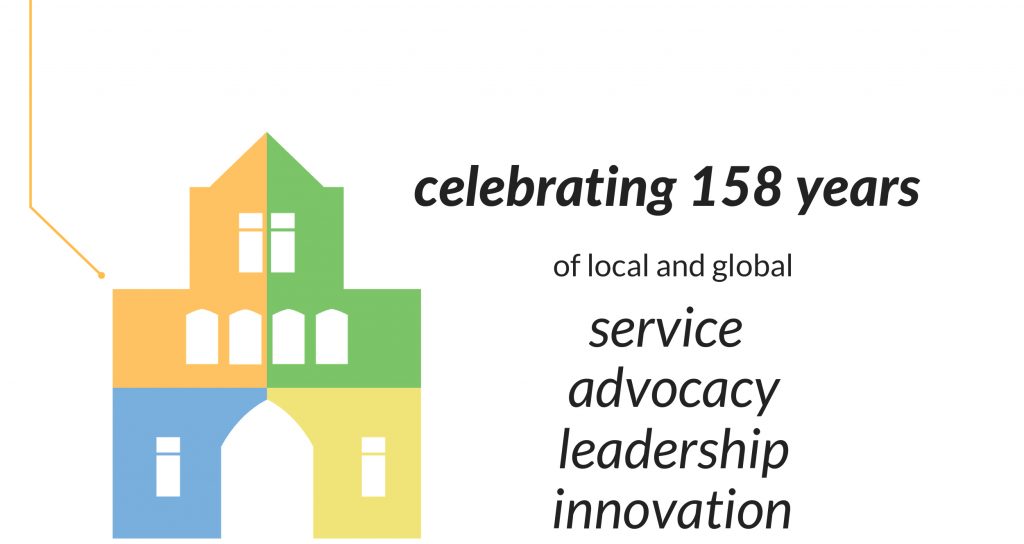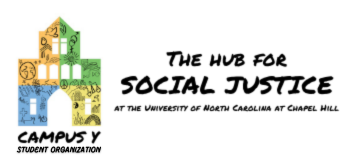Service Spotlight: Jacob Stocks
October 30, 2018 • Erin Reitz • No Comments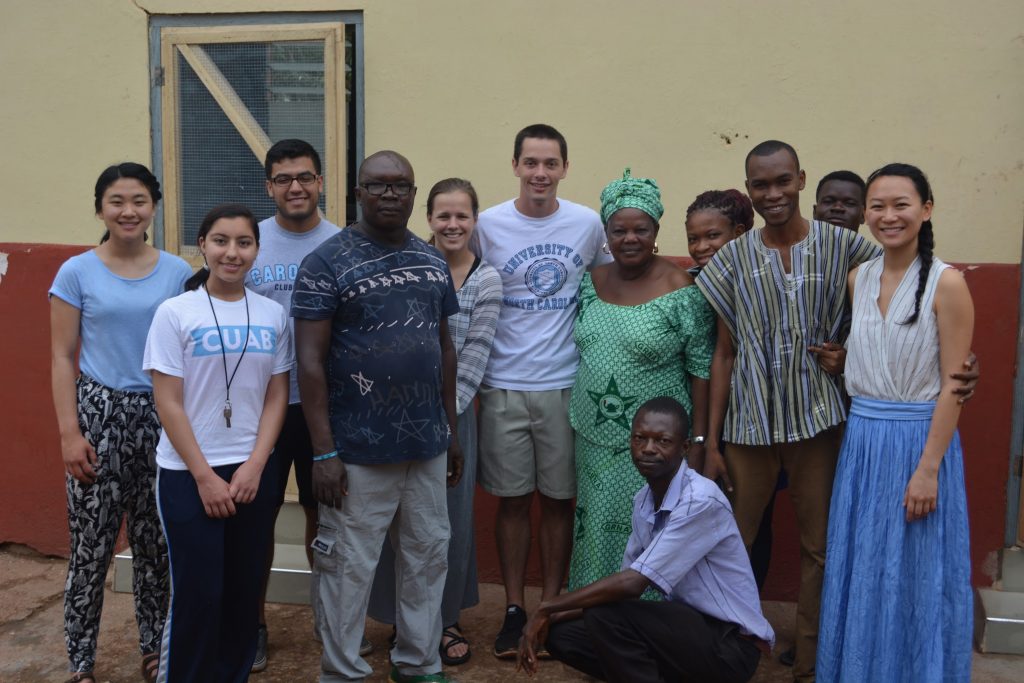
Jacob Stocks’s career pathway into global public health began with a hands-on, immersive summer experience in a health clinic in Lawra, Ghana through a Y committee called Project Heel. Jacob led that committee for three years of college and is now pursuing an MA in public health at Duke. Learn more how immersive global service has shaped his career.
Q&A
You didn’t have a passport when you came to Carolina, and by your senior year you were traveling with Project Heel to Ghana for the third time! Was traveling always something you wanted to do?
Traveling was absolutely something I’ve always wanted to do. Having grown up in eastern North Carolina and having only explored the eastern half of the United States, I knew there was so much more out there to see. And my interest in traveling spanned multiple levels. The more superficial reason being an understanding that there are so many wonderful foods to eat and places to see around the world; but more importantly, I saw traveling as an opportunity to meet people with varied experiences and perspectives and I hoped to learn from those who are different from me in one way or another. Traveling while at UNC was a priority for me because of the plethora of opportunities provided by the University, not only by combining academics and travel through study abroad, which I had the opportunity to do twice, but also through the opportunity to combine travel with ethical service, which, via the Campus Y and Project Heel, I was able to do on three separate occasions. Having such great support and structure, I felt undergrad was the best opportunity to pursue that interest.
How did working with Project Heel shape your understanding of service?
To start, I think not only Project Heel but also the Campus Y as a whole completely redefined my understanding of service – specifically ethical service. Project Heel strives to ensure all projects are community-desired and community-driven. While looking back this seems like an obvious requirement; however, I understand for many organizations (and even myself previously) it is hard to tackle the ways in which they perpetuate the western savior complex. While it is likely impossible to completely rid one’s self of this mentality when coming from the United States, we hoped that by empowering our community partners we would minimize this problem. This model was extremely important because it helps to ensure that any intervention is appropriate, needed, wanted, and useful.
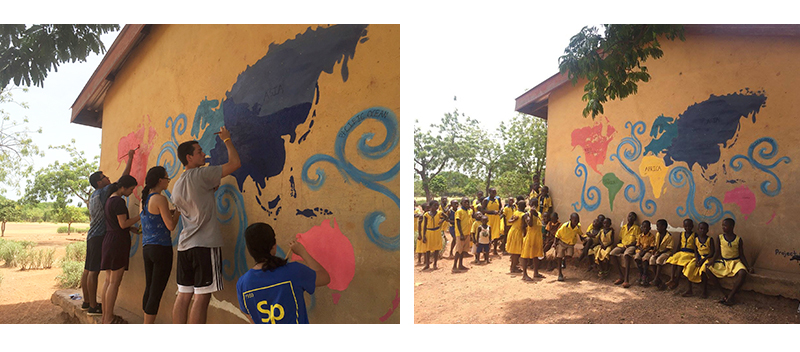
How did your work with the Campus Y influence your post-college goals/career trajectory?
Entering undergrad I was solely focused on going to medical school. Beyond physical illness, I had not truly considered the ways in which a person’s health outcomes could be affected. My involvement with the Campus Y and Project Heel forced me to broaden my definition of factors that affect health and sparked my interest in Global Health. As a direct result of my involvement with Project Heel, I decided to pursue a Masters degree in Global Health from the Duke Global Health Institute at Duke University instead of applying for medical school. I feel this program will help deepen my understanding of the social, economical, and environmental determinants of health, which will better inform any clinical practice I pursue later in my career. Currently, I could see myself going in any of three directions: directly into the non-profit sector after graduation, medical school to gain a better clinical understating of health, or into a PhD program to continue to develop my research focus as it relates to global health.
Currently, I am working under the mentorship of Dr. Megan Huchko, Director of the Duke Center for Global Reproductive Health. Her overarching research focuses on cervical cancer screening and prevention in East Africa. My thesis will focus specifically on an mHealth innovation to be used by community health volunteers when offering screening services in western Kenya. I will be leading user-testing of the newly developed app and determining its acceptability, feasibility and any barriers to use.
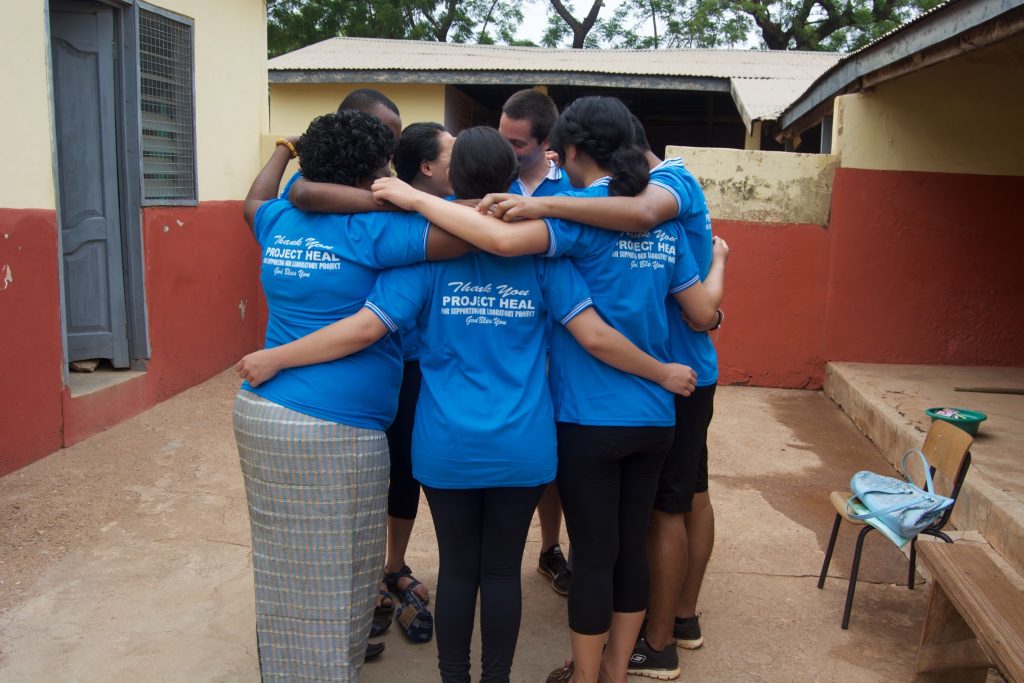
What advice do you have for college students interested in service as they begin their journey at UNC?
Here’s what I can say: If you’re interested in service, before you ever begin, ask yourself why. Make sure that in the act of service you are not trying to benefit yourself, your image, or your resumé, but rather the communities that you are serving. Once you are sure of your intentions, search out opportunities of ethical service, service that is thoughtful, important to the community, delivered appropriately, and culturally and temporally relevant. As you engage in service be self-reflective. Make sure your intentions have not changed and that the quality of the service you are offering has not diminished and, if it has, evaluate why and how you can make changes in the right direction. Lastly, always remember that good intentions are not enough.
What does the Campus Y mean to you?
By the end of my senior year, I was spending time in the Campus Y on a daily basis. It became a study spot, a hang out spot, a napping spot, and obviously a place for work related to Project Heel. It really became a second home. I am thankful for the opportunities, experiences, and lasting friendships that were a direct result of the Campus Y.
